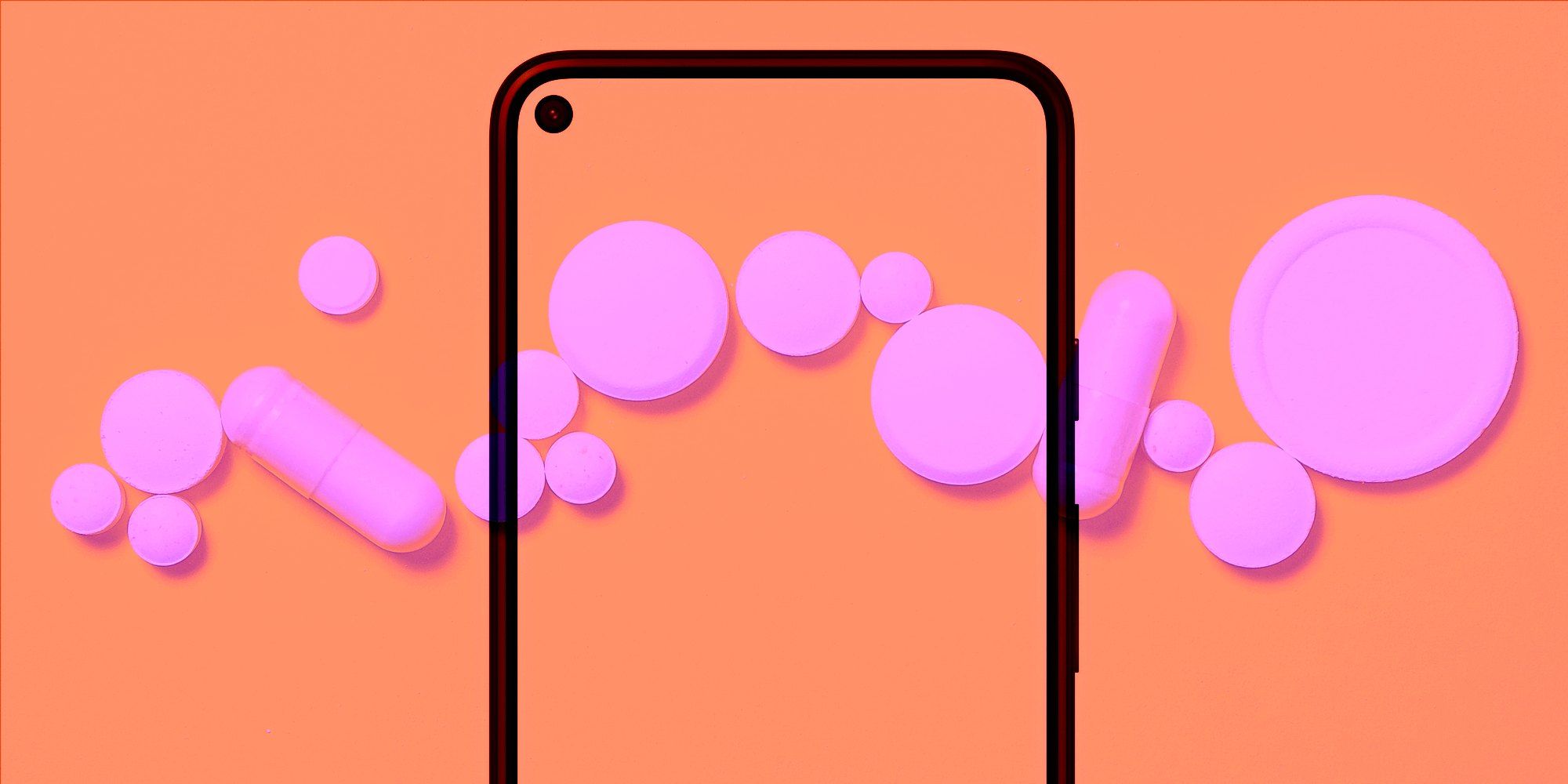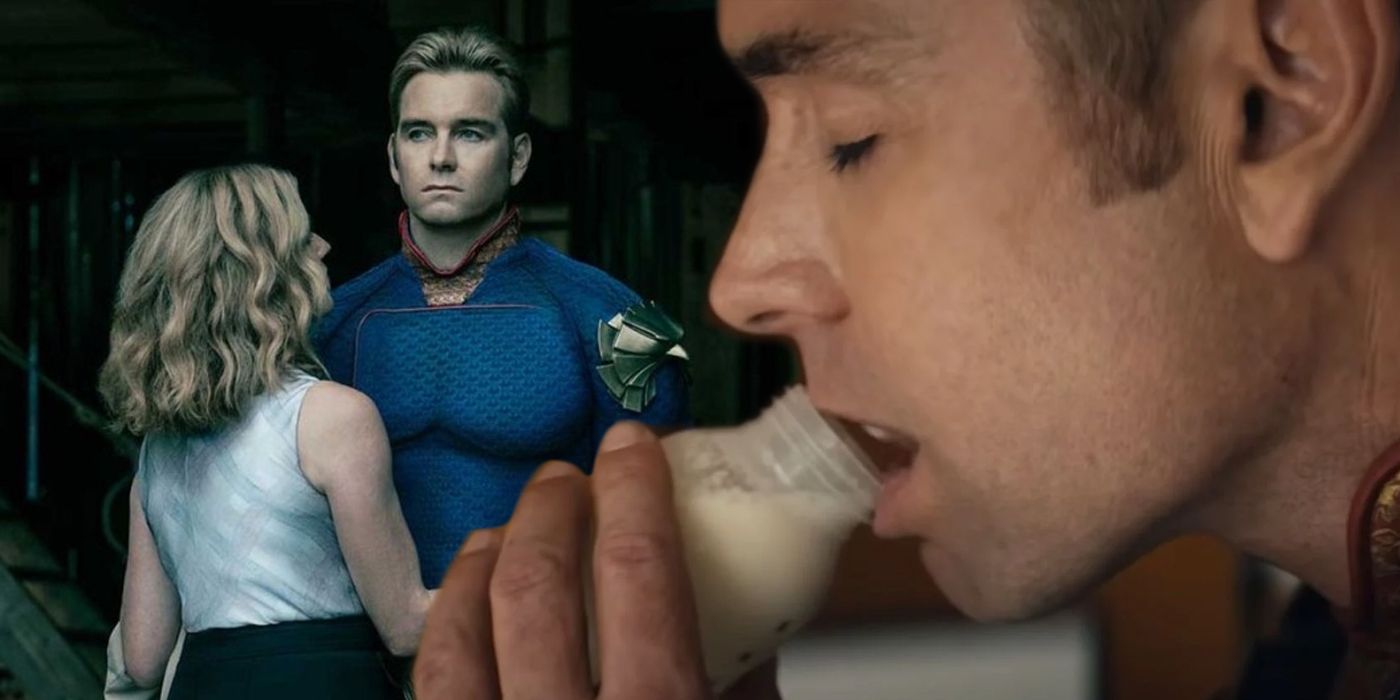The Administrator of the United States Drug Enforcement Administration has targeted social media platforms, specifically mentioning TikTok and Snapchat over the online sale of fake drugs laced with lethal chemicals that are responsible for a staggering number of deaths. Social media platforms have long served as a hotbed for trading illegal items including drugs and weapons and, of course, misinformation. Even though the platforms have strict policies against such activities, multiple reports continually highlight that business is booming for bad actors.
Most of the drug peddlers actually use popular platforms like Instagram and Snapchat to advertise their goods, and then use messaging platforms such as Wickr and Kik to complete the deal with buyers. What has truly shocked authorities, however, is the sheer ease of finding such items on social media platforms, and how little is being done to put an end to this illicit online trade which continues to grow and cause more deaths.
The problem has only worsened in the past few months due to the sale of fake drugs laced with lethal chemicals such as fentanyl that has taken many lives, including multiple users below the age of 20, in the United States. In an interview with The Washington Post, Anne Milgram — who currently serves as the administrator at the DEA — singled out TikTok and Snapchat for allowing online drug marketplaces to thrive and doing little to control what was described as an overdose crisis. Such is the gravity of the current situation that the US DEA had to issue a public safety alert warning users about fake pills that are easily available from dealers on social media platforms. It is worth mentioning here that the US DEA hasn’t issued such a warning since 2015 when a similar crisis around laced heroin raised its head.
DEA Wants Answers To Address The Crisis

The number of deaths caused by fentanyl has risen sharply in the past few years, and despite raids and seizure of huge caches of fake drugs by the DEA, the social media-fueled crisis doesn’t appear to be coming to an end. Milgram highlighted that the drug dealers have moved from hawking their goods on street corners to social media profiles, effectively creating a thriving market that is in the pocket of users. At the same time, the DEA Administrator accused social media platforms like TikTok and Snapchat of doing little to combat the problem. While the DEA is yet to reach out to these social media giants, Milgram mentioned that the agency plans to discuss the measures they are taking and present a list of demands regarding a remedial course of action.
When speaking with the Today show, Milgram pointed out that these social media platforms collect so much data about user activities and online behavior, yet they tend to hide behind privacy policies when it comes to working with authorities and tackling a serious issue. Names like Organization for Social Media Safety, Digital Citizens Alliance, and Coalition for Safer Web have repeatedly highlighted how the problem of drug peddling on social media is worsening with each passing day, as well as how sluggish and ineffective the steps taken by these platforms have been to control the problem. Snapchat and TikTok provided typical boilerplate responses when asked by The Washington Post about their stance on the ongoing crisis.





